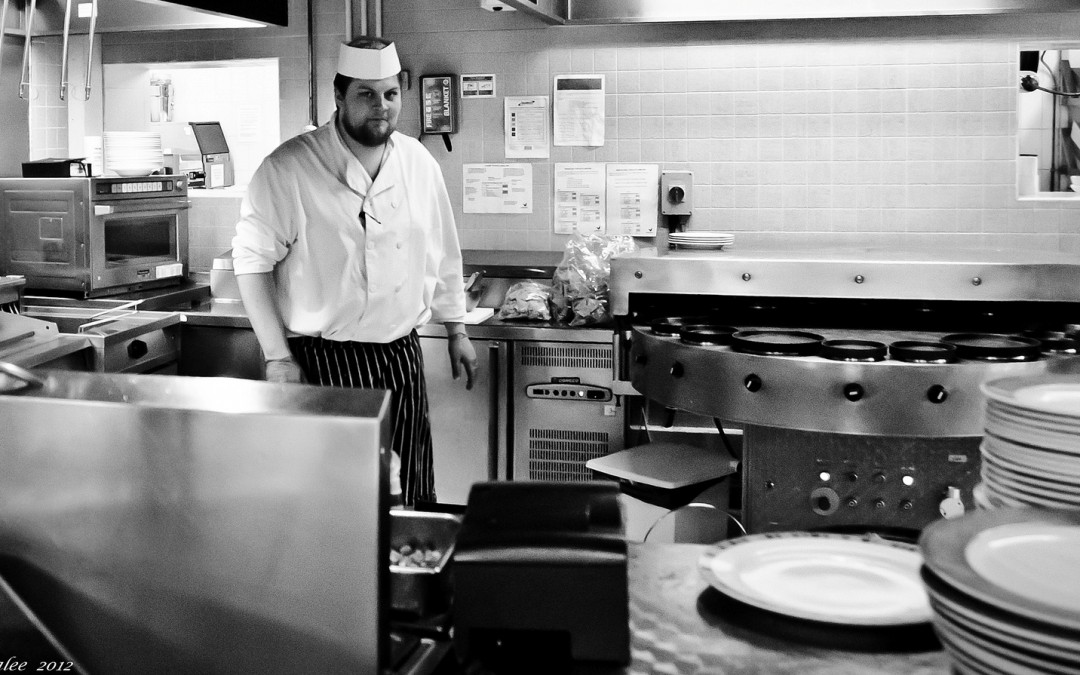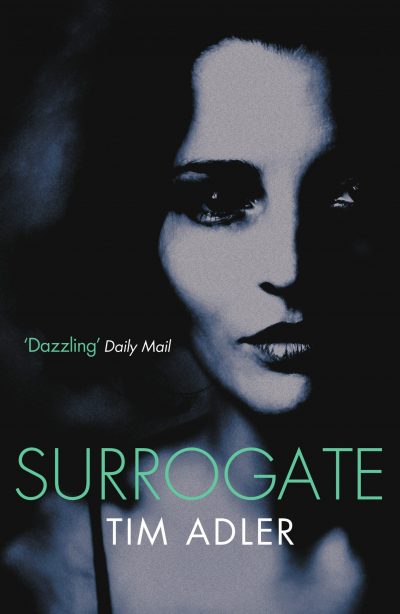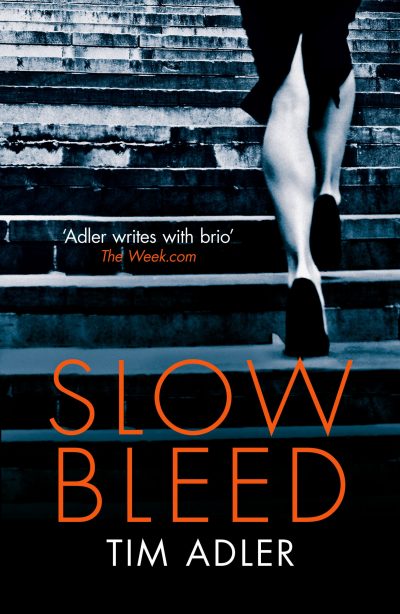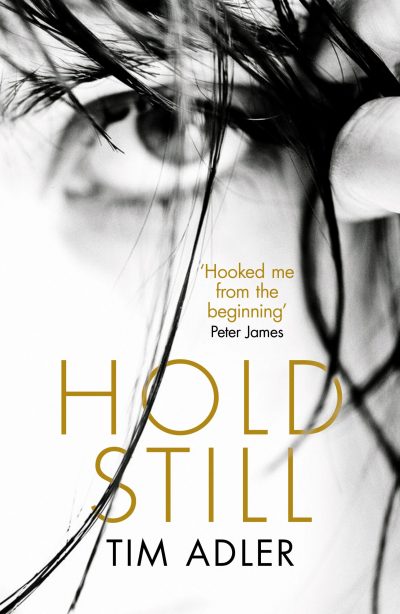Productivity hacks have become the in thing in self-publishing, with gurus offering to boost your daily word count, says Tim Adler
Over the past few weeks, I have been listening to a lot of self-publishing podcasts from Joanna Penn’s The Creative Penn to Rocking Self Publishing. All of them are “super helpful” as Penn herself would put it and it is clear to me that with all the talk of auto-responders, price per target lead acquisition and the sales funnel, self-pubbed authors such as Mark Dawson are light years ahead of traditional publishers.
Each week many of these shows have on some American self-help author — let’s call him Wade J Horsenfeffer — all of them trying to seel their own particular brand of snake oil, often tied to a book they are trying to sell. In one hilarious podcast, one self-help guru inadvertantly revealed he was only inspired to create his latest batch of snake oil after his previous self-help business crashed and burned.* This idea of being able to change yourself, of continual improvement is very American somehow.
One trend is for these self-help gurus offering to make you more productiive. For authors this means cranking more words out. And so, there are books which promise to boost your output to 5,000 words an hour, 20,000 words a day or write a screenplay in 21 days. No doubt having plenty of product on the shelves is one way to be successful as a self-publisher– one wrote six novels in a single year.
Then there is National Novel Writing Month (NaNoWriMo) where thousands of self-pubbers crank out 50,000-word novellas in the space of a month. Agents and publishers must dread December when this flood of manuscripts pours in.
All this talk of productivity hacks makes me thing that self-pubbers are the pulp hacks of today, men such as Lester Dent, who wrote Doc Savage (over 150 novels) and Edgar Wallace, the now-forgotten Twenties author who cranked out 170 thrillers and marketed a “plot wheel” to help inspire fellow authors if they got stuck for a plot. According to Stephen King, “these gadgets sold like hotcakes.” Some things never change).
Yet at no point does anybody ask, yes, but is any of it any good?
Nobody expects a TV dinner pinged in the microwave to taste as succulent as a slow-cooked boeuf bourgignon. Good writing and plot development needs time to steep itself in its own juices. Donna Tartt spent a decade writing The Goldfinch, while Truman Capote spent six years on In Cold Blood and Thomas Harris left a 10 year gap between The Silence of the Lambs and Hannibal. It seems to me that many self pubbers risk devaluing themselves by offering thsee quick sugar rush pop tarts.
Or, as the Beastie Boys used to sing, “Slow and low, that is the tempo.”
*Which is why the conceit of having a self-help guru who has been an utter failure was such a brilliant premise for the comedy Little Miss Sunshine.
Main photo © Nell Moralee (CC BY-NC-ND 2.0)
